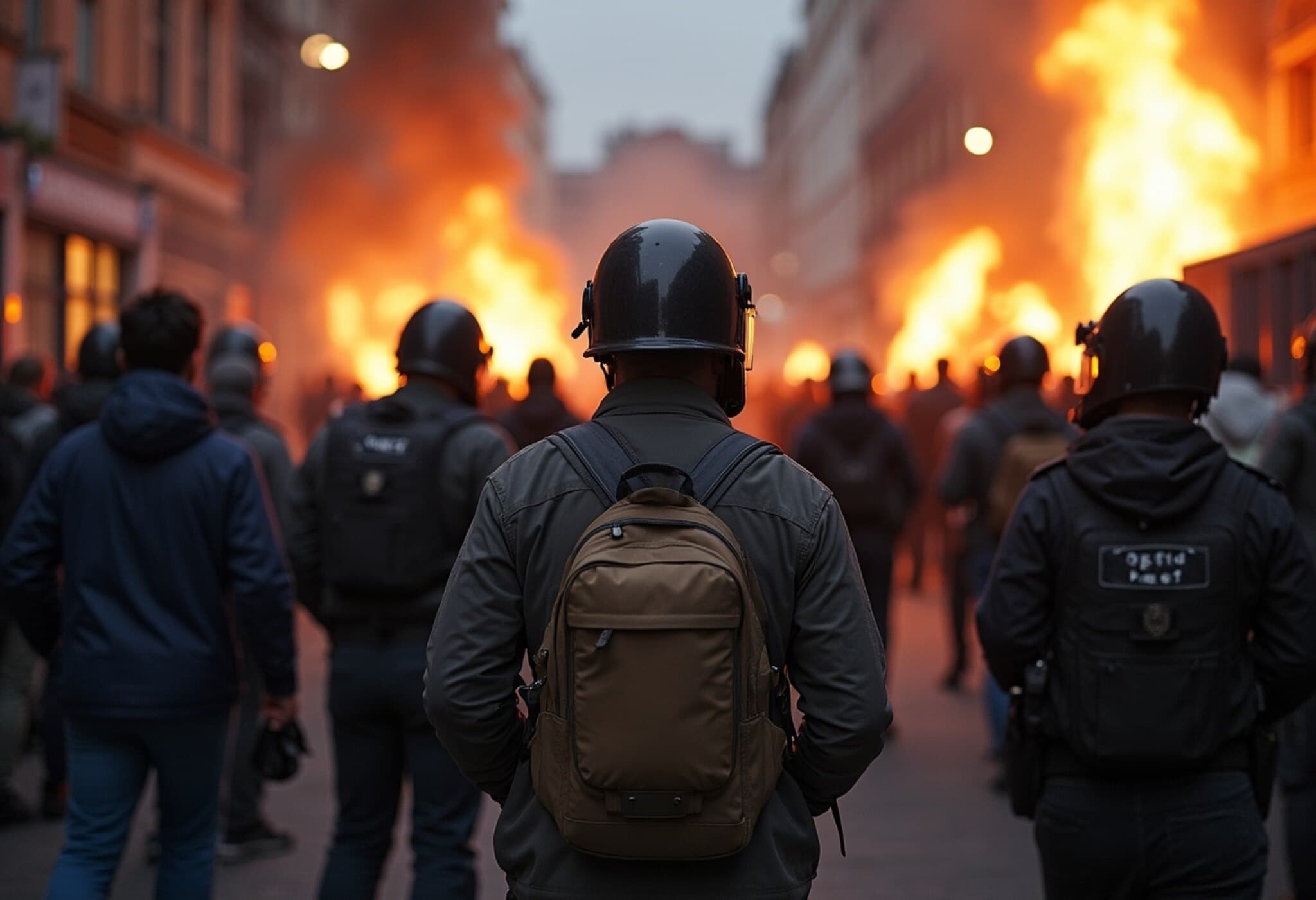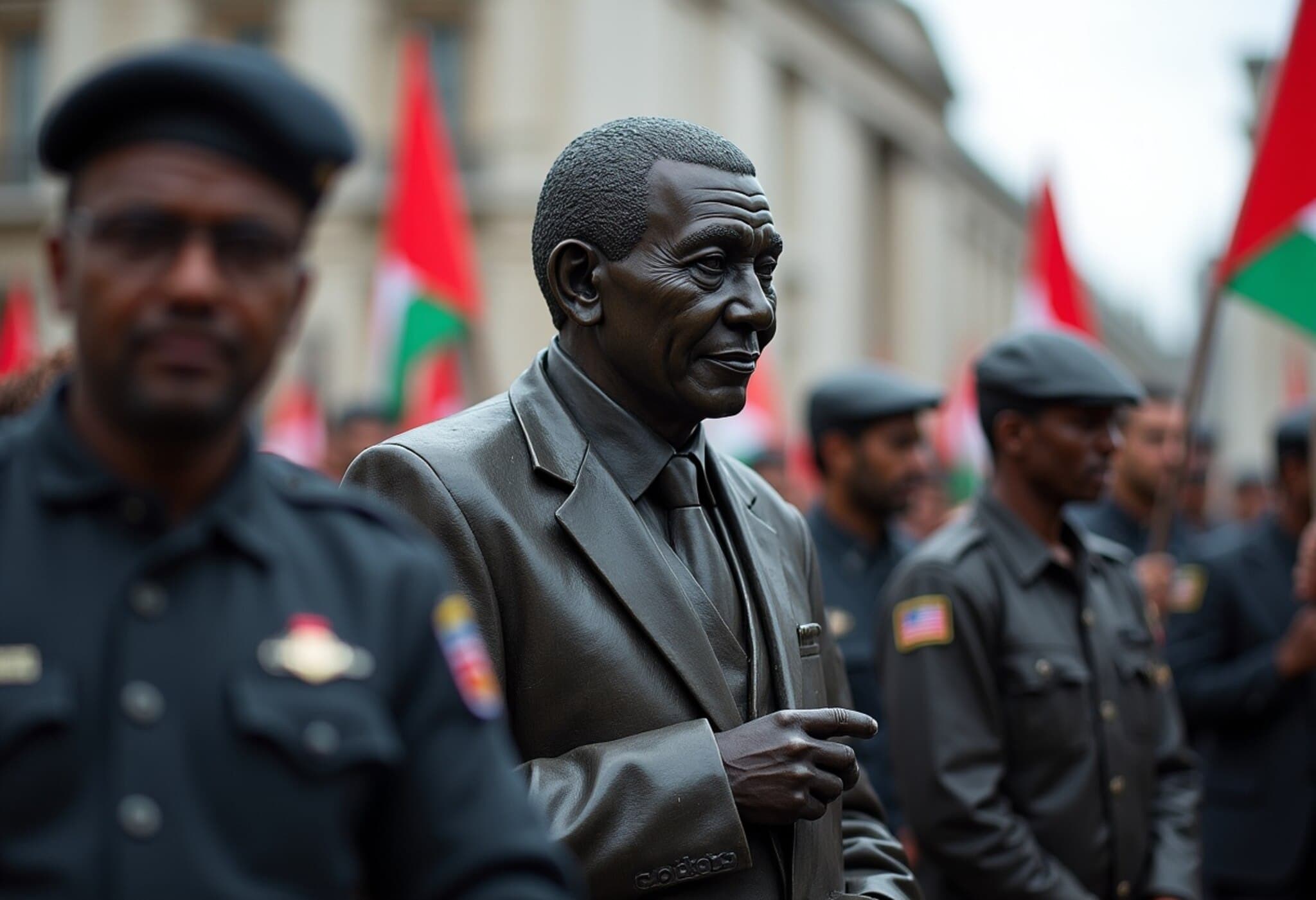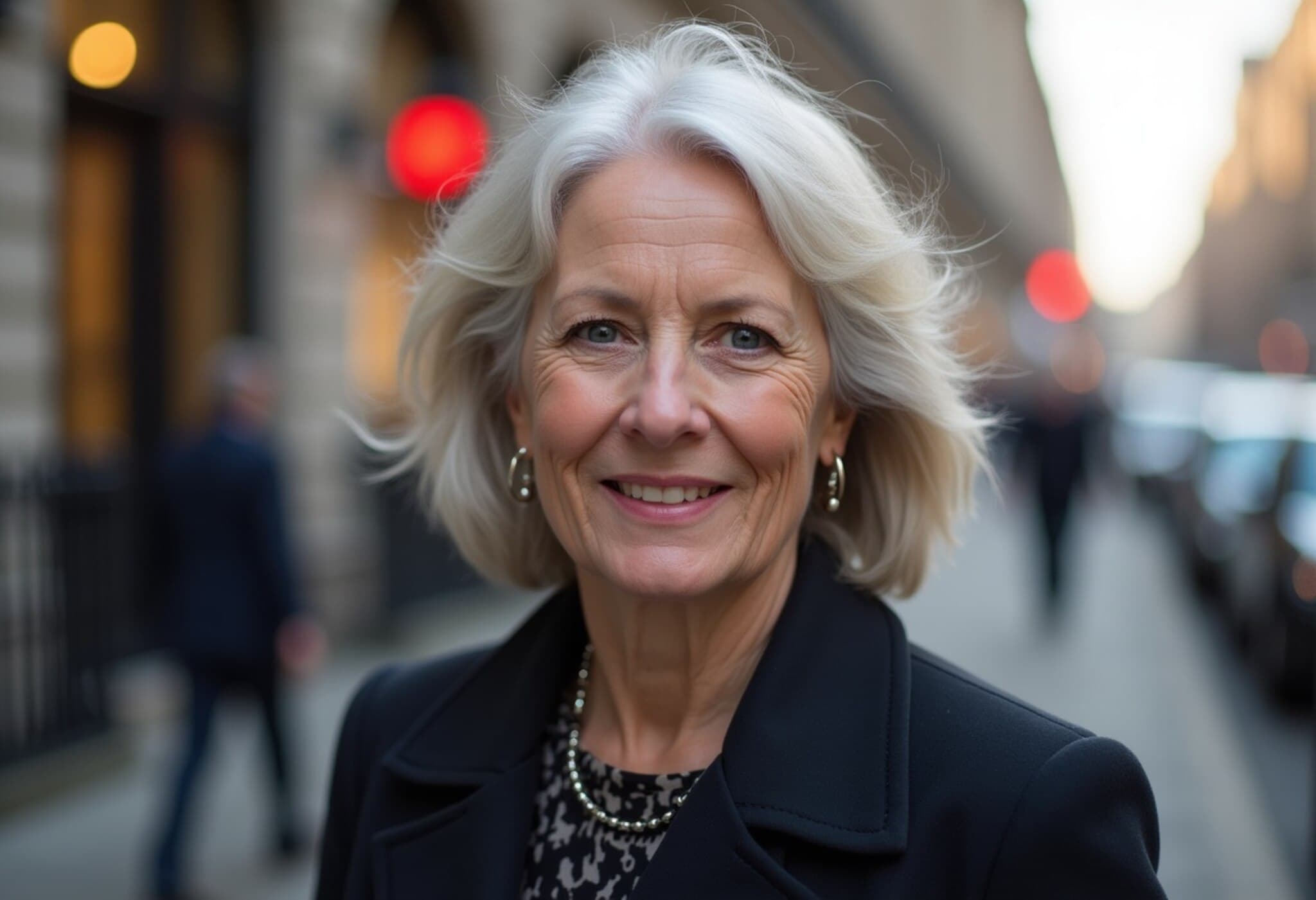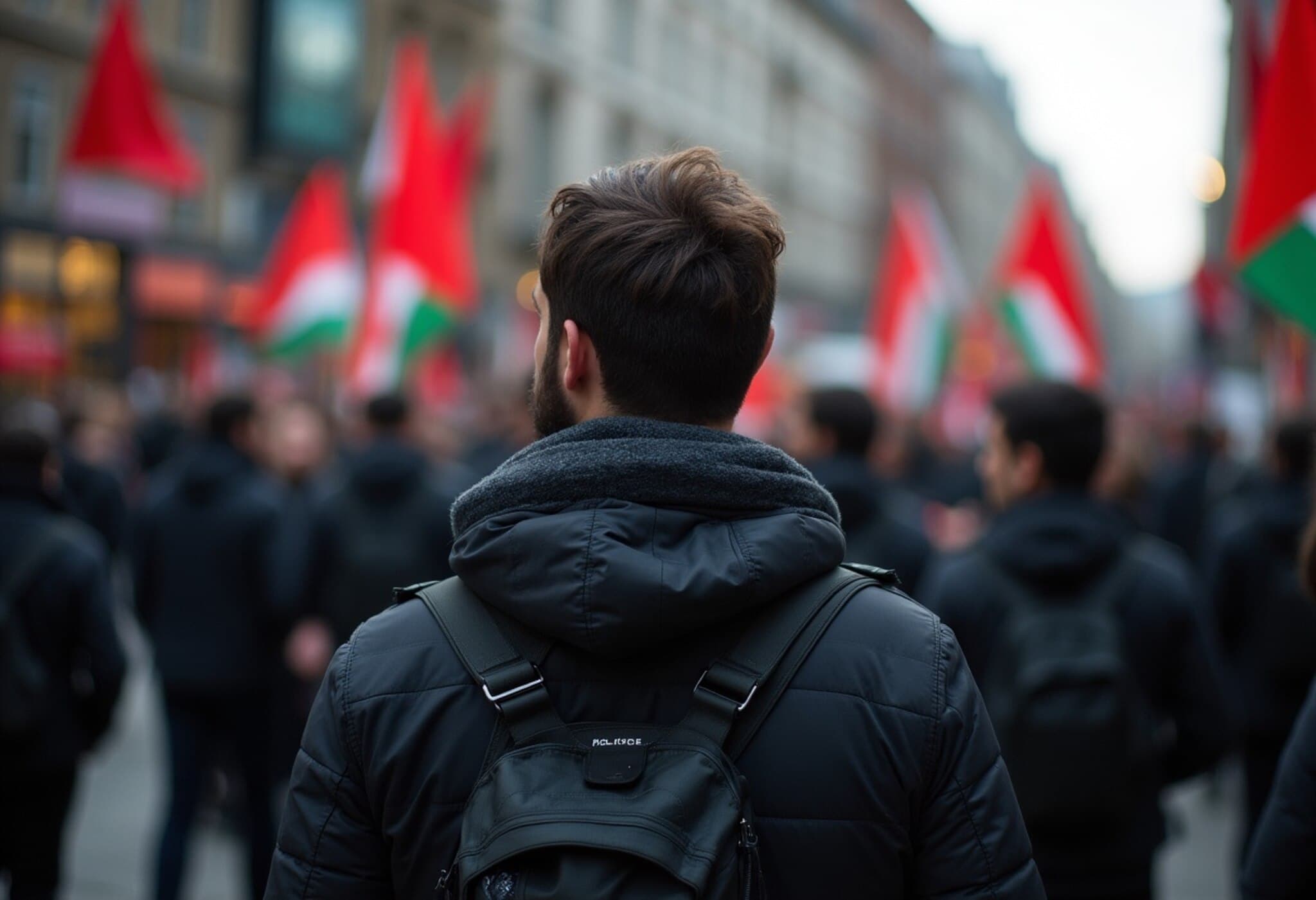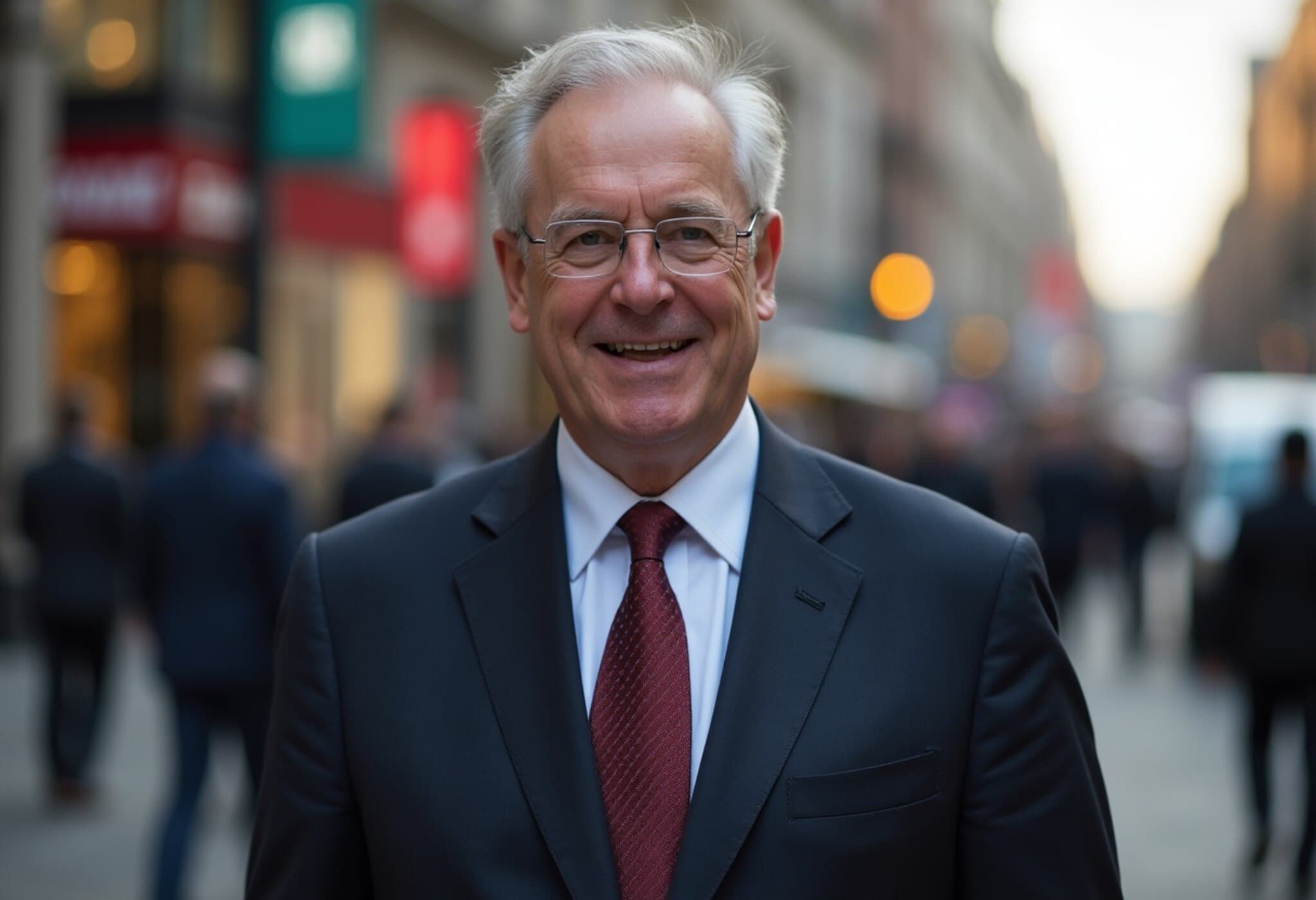UK Summer of Unrest: Police Accused of Fueling Violent Protests Over Asylum Hotels
In a sequence of escalating confrontations across England, police tactics have come under intense scrutiny after officers were found escorting opposing protest groups towards each other amid rising social tensions over asylum seeker accommodations. The friction, particularly visible in small towns north of London and in Norfolk, signals a volatile summer ahead as communities grapple with the complex challenge of hosting thousands of asylum seekers.
The Spark in Epping: Police Role Under Fire
Essex Police publicly acknowledged that they guided refugee advocates towards the Bell Hotel in Epping, which had become the focal point for anti-migrant demonstrators demanding the closure of the asylum housing facility. This maneuver, critics argue, unwittingly contributed to a volatile clash between rival groups, with police caught in the crossfire. Graphic images emerging from the scene showed officers receiving injuries as violent scuffles broke out.
Videos circulating online depict police calmly leading refugee supporters down the street amidst protestors but do not clearly show officers forcing confrontations. Nevertheless, the optics have fueled accusations, notably from Reform UK leader Nigel Farage, who condemned Essex Police for allegedly instigating conflict and initially denying involvement. Farage's comments amplify the politically charged atmosphere surrounding immigration policies and border control debates in the UK.
Wider Ripple Effect: Norfolk and London Join the Discord
The unrest is not isolated to Epping. In Diss, Norfolk, a local protest erupted after the Home Office changed policy, shifting the asylum hotel’s residents from women and children to single young men—a demographic often at the center of social anxieties. Dozens gathered peacefully at first but concerns linger about the potential for escalation.
Furthermore, a significant protest unfolded at the Britannia International Hotel in Canary Wharf, London, where communities opposed to housing asylum seekers clashed with refugee advocates. Tower Hamlets Council confirmed the hotel’s use for temporary asylum accommodation, igniting tensions in an already diverse urban setting.
Political and Social Context: Voices from Across the Spectrum
Prime Minister Sir Keir Starmer addressed mounting pressures in Parliament, emphasizing the availability of housing for both British citizens and asylum seekers, while directing frustration at prior administrations for backlog management. His remarks underscore the policy challenges faced nationally, balancing compassionate refugee assistance with domestic housing needs.
The unfolding scenario raises critical questions: Are local authorities and law enforcement fully equipped to manage increasingly polarized public sentiment? What long-term strategies could alleviate the friction between communities and asylum policies?
Expert Analysis: Navigating the Intersection of Policing and Social Cohesion
Experts in immigration and public policy highlight the delicate role of police as peacekeepers rather than inadvertent instigators. Efficient coordination and community engagement might mitigate clashes fueled by misinformation spreading rapidly on social media platforms, where activists and opponents alike locate and target accommodation sites. These developments illustrate a broader European trend where migration intersects with local fears, misinformation, and political opportunism.
Conclusion
As the UK faces what some are dubbing a potential 'summer of riots,' the intersection of law enforcement decisions, immigration policy, and public perception demands careful recalibration. The situation in Epping, Norfolk, and London is emblematic of deeper, unresolved tensions that challenge social unity and governance.
These clashes over asylum seeker accommodations raise urgent questions about policing ethics, the role of local and national government in managing migration, and the impact on affected communities. Readers are encouraged to consider how media narratives shape public opinion, and how nuanced, empathetic policies could bridge divides in a climate charged with fear and misinformation. Will the UK’s institutions adapt before tensions escalate further?

